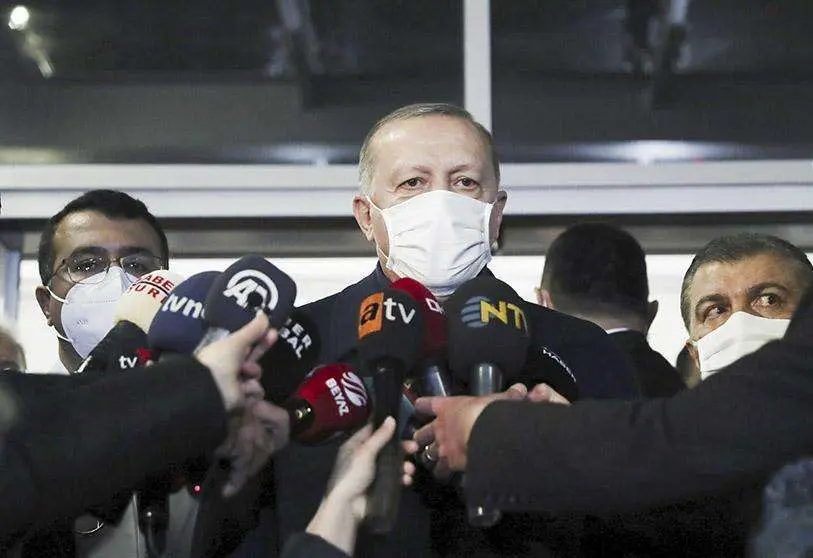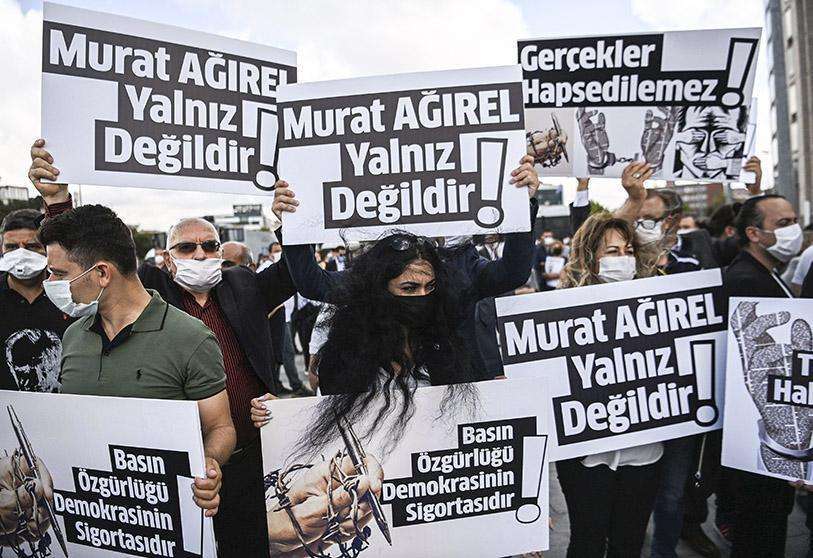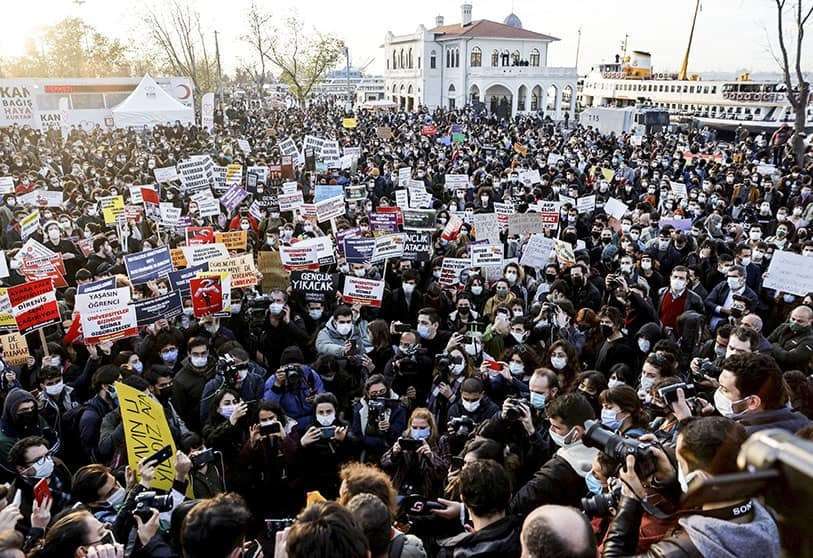Turkey condemned for violating judge's freedom of expression

Turkey has been condemned by the European Court of Human Rights (ECHR) for the sanctions imposed by Recep Tayyip Erdogan's government on judge Omer Eminagaoglu. Europe believes that he should not have been sanctioned as "he was doing his duty". The former member of the General Prosecutor's Office of the Court of Cassation was disciplined in June 2012 following statements and criticism of particular provisions of the penal code and judicial policy in Turkey. The High Council of Judges and Prosecutors considered the judge's statements to be an "attack on the dignity and honour of the profession" and decided to transfer him 150 kilometres away from the country's capital, Ankara.
Judges under the European Convention on Human Rights (ECHR) recognise the "duty of reserve inherent in (the) function of a judge". However, despite this, they unanimously considered that "the disciplinary investigation and the sanction" imposed on Omer Eminagaoglu constituted an "interference with the judge's right to freedom of expression". They also pointed out that he had been president of an association that acts in defence of the rule of law and "the interests of members of the judiciary". In reference to this, the ECHR explained that "when an NGO draws the attention of society to issues of public interest, it exercises a watchdog role similar in importance to that of the press".

The ECHR believes that the political implications of the issues that were raised were not sufficient to deny a magistrate the right to speak publicly on these matters. They believe that, beyond the membership of the various associations, "it is up to each individual judge to promote and preserve the independence of the judiciary". However, they assert that these restrictions on magistrates' comments on court cases are "relevant" and invite magistrates to refrain from commenting on them.
This is not the first, nor is it likely to be the last case in which Turkey is accused - and in this particular case, condemned - for curtailing the freedom of expression of many of its members, not only of the judiciary, but also of journalists and civilians. In fact, less than a month ago, Reporters Without Borders published a report that 90% of the media throughout the country are under the strict control of the Erdogan government. More than 1,300 news items were removed due to rulings issued by the Turkish court.
Already at the time, Turkish society was outraged about the censorship of the media in their country, as the leader of the Turkish Journalists' Union (TGS), Gökhan Dormus, pointed out: "The independent press has been facing great challenges and difficulties for years, as the Supreme Council of Radio and Television (RTÜK) and the Press Advertising Authority (BİK) have held them responsible and suspended them financially under the pretext of organising the work of the media".

Currently, as many as 67 journalists and media agency workers are detained by the Turkish government. However, the union's stance seems unchanged and they say they are not giving up the fight against censorship: "Our union believes in democracy as the basis of press freedom, and that is why the authorities must stop threatening journalists and control the media through various companies", added Dormus.
Once again, a freedom of expression scandal has hit the Turkish government and this time it has been condemned by the European Court of Human Rights. Already five years ago, after the coup attempt, the government's control of the media intensified. In the course of the last five years, censorship has only gradually increased to the point where the country finds itself today. Controversy continues to surround Erdogan's country, which is becoming increasingly close to the point of view of European society, which scrutinises the Turkish government's every action.








